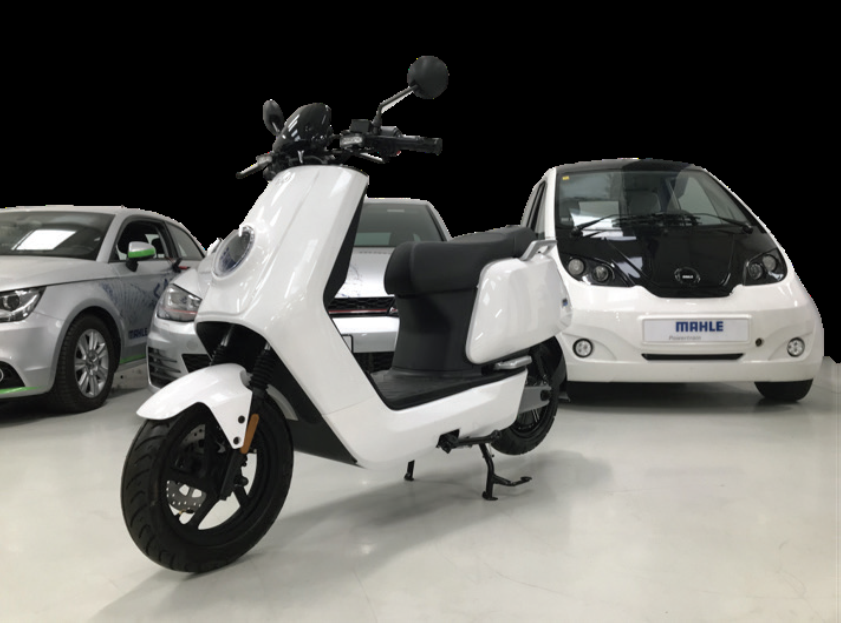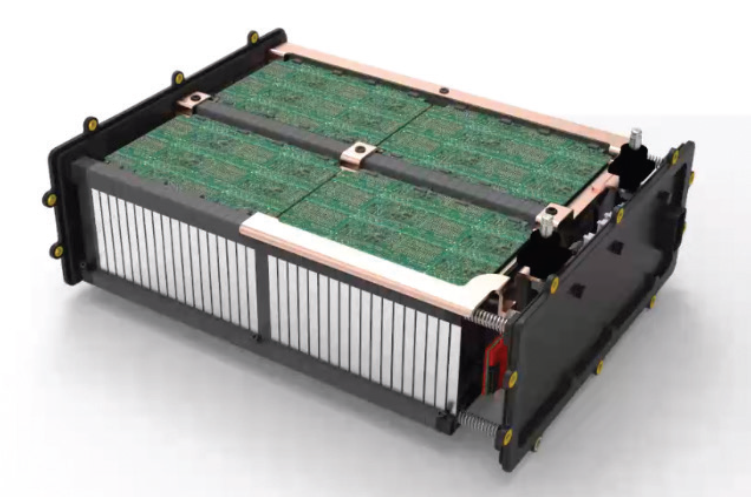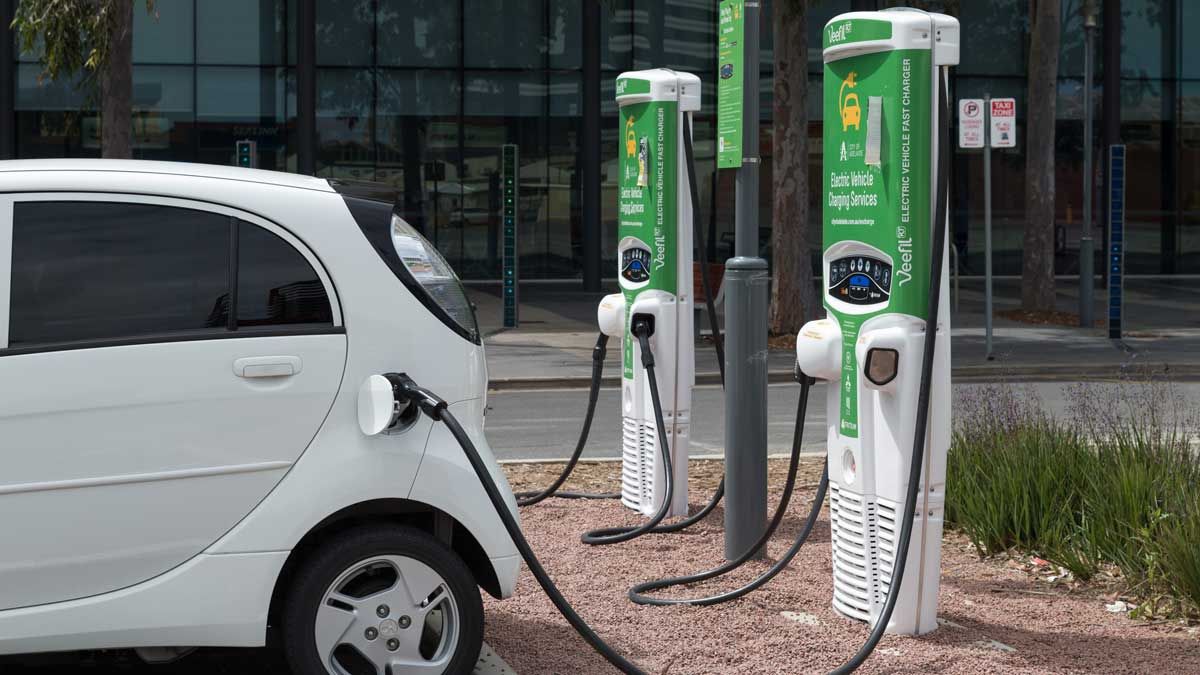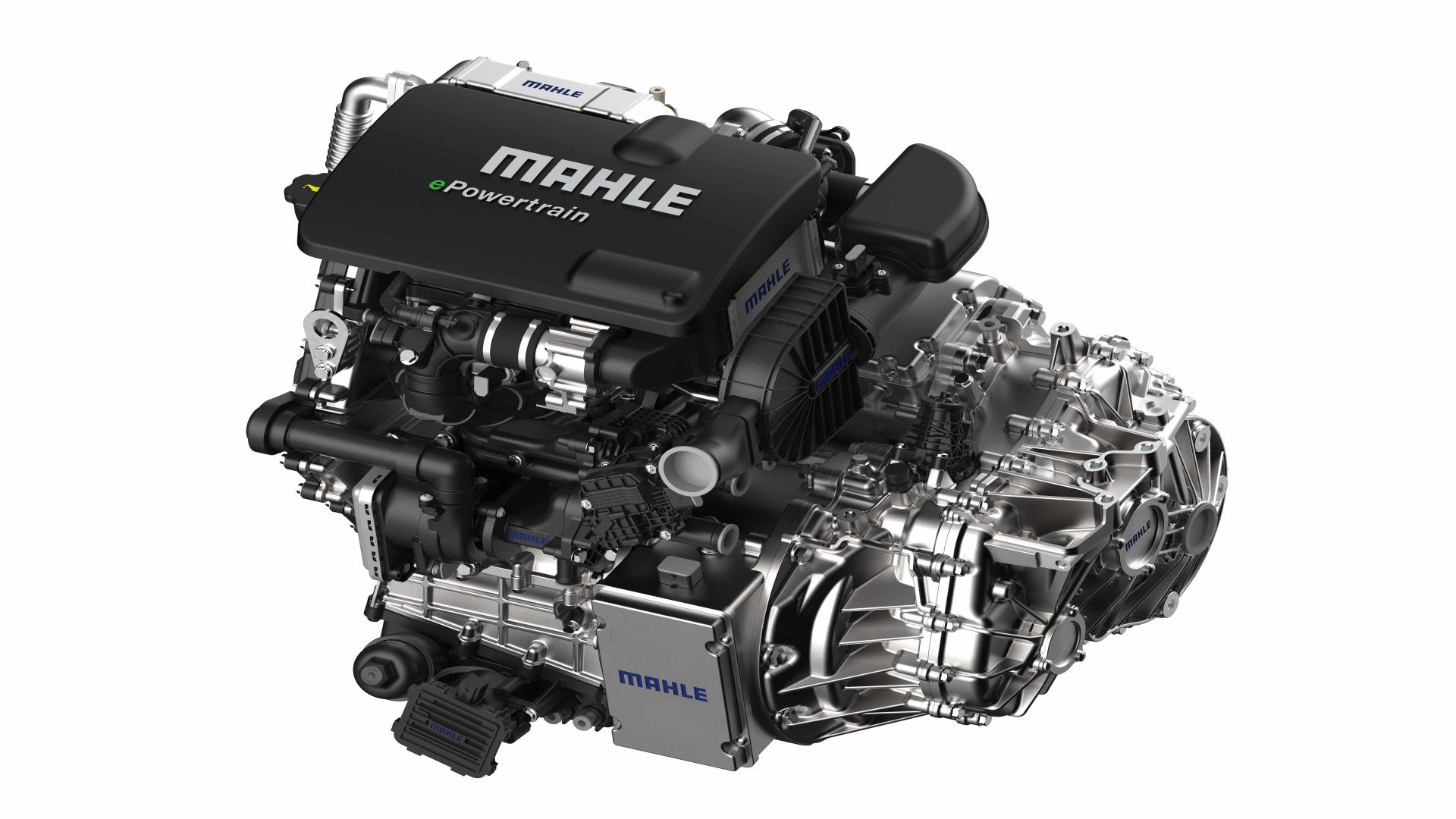The biggest barriers to acceptance of electric motorbikes are range anxiety and re-charging times. But what if both could be eliminated?
New Battery Technology Could Be a Game-Changer
Electric bikes (and cars, for that matter) might be the future of personal transport but there is still a long way to go in terms of acceptance. Chief among the problems are range anxiety - will I get there before the battery is flat? - and re-charging times, often in hours, not minutes.
If you can fix the re-charge time, then both problems fall away easily and that is what Mahle Powertrain has been developing.
Mahle Powertrain is a UK subsidiary of the German Mahle engineering concern and has its roots in the Cosworth racing engineering company, most famous for its DFV Formula One engine.
The company, in conjunction with Allotrope Energy, has presented new battery technology that could revolutionise electric motorcycles. A new design of lithium-carbon battery can be fully recharged in 90 seconds! Even better, the battery is far more sustainable than previous designs as it doesn't require rare earth metals and is fully recyclable.
At the moment, the tech is only applicable to delivery scooters but, as is the case with many new technologies, once proven in one area, it is often rapidly up-scaled and adopted by another.
The technology might be impenetrable to a layman, but the press release states that they have, 'combined technology from a traditional lithium-ion battery and a super capacitor resulting in a battery that can recharged from a 20kW source in under 90 seconds with a lifetime of over 100,000 cycles.'
Dr Mike Bassett, Head of Research at Mahle Powertrain said: “Range anxiety is often quoted as the main barrier to electric vehicle adoption, but if the battery could be recharged in the same time it takes to refuel a conventional IC engine vehicle, much of that worry goes away.
“With ultra-fast charging, the size of the battery can be optimised to suit the scenarios the vehicle will be used in, and that leads not only to weight savings but also cost reductions that further lower the barriers to decarbonisation,” Bassett added.
“With the rise of the on-demand economy, there’s been a rapid increase in the use of petrol-powered mopeds for urban deliveries such as take-away meals, and this has contributed to air quality issues in our cities, decarbonising these deliveries has so far proved difficult without maintaining a stock of expensive interchangeable batteries or switching to a larger, heavier electric vehicle with increased energy consumption.
“The real challenge came in designing the electrical architecture capable of absorbing such high rates of charge,” said Bassett. “Additionally, with no suitable charging systems on the market that can deliver these charge rates from a domestic supply, we created our own bespoke design.”
A re-charge time of 90 seconds is probably quicker than it would take to fill your car's petrol tank! If this technology can be up-scaled to power larger bikes for longer, then this could be the game-changer we've been anticipating ever since electricity as a motive force started occupying our minds.
You can read the full press release here




